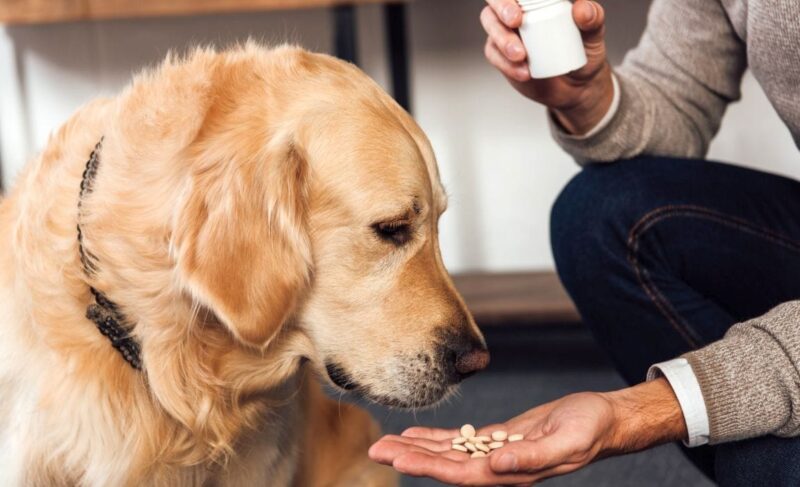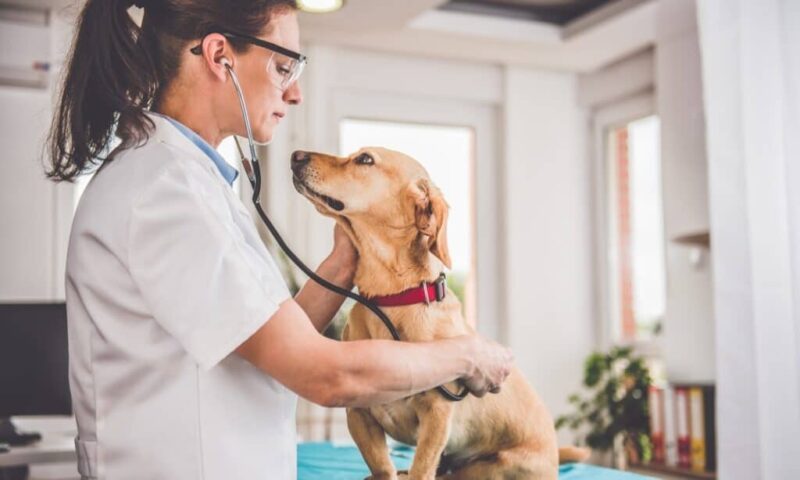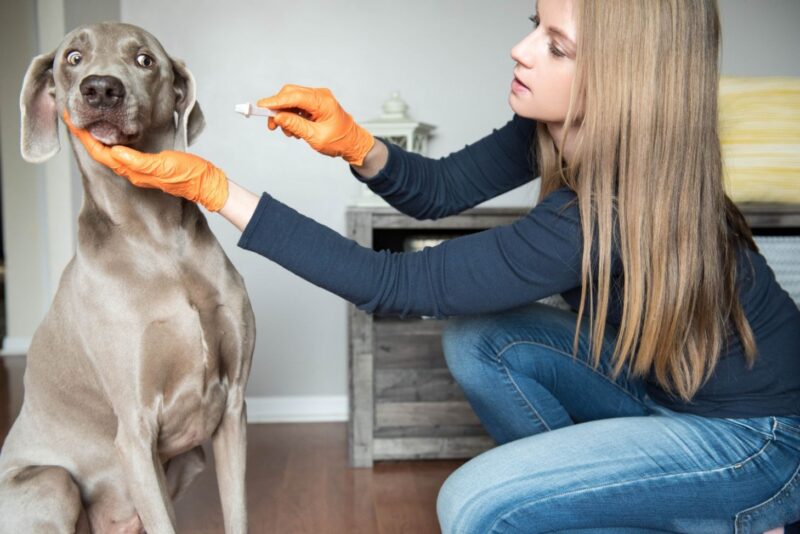When your dog starts limping, scratching too much, or acting weird, the internet floods you with answers. Most sound convincing. Some come with hundreds of likes and shares. But are they safe? That’s where the problem begins.
Let’s stop pretending Google is a vet.
Pet owners mean well, but DIY advice often causes more harm than good. What seems like a “natural remedy” or a “quick fix” can turn into a long, painful road for your dog—and a much more expensive vet bill in the end.
Key Highlights
- Home remedies and online pet hacks can worsen even minor health issues.
- Many symptoms look similar but signal completely different medical problems.
- Dogs mask pain well, which delays proper treatment when owners guess instead of calling a vet.
- Vets catch what Google never will—underlying conditions hidden behind mild symptoms.
- Online influencers and forums rarely take breed-specific or age-specific needs into account.
- Ignoring early vet intervention leads to chronic illness, suffering, or fatal mistakes.
DIY Pet Care Is Risky—Here’s Why It’s Getting Worse

Social media plays a big part. TikTok videos, Facebook posts, and pet influencer reels often push homemade solutions. Coconut oil for skin issues. Garlic for fleas. Human antibiotics for infections.
Those tips get shared because they sound clever, not because they are safe.
What you don’t see? The sick dogs who ended up in emergency care because of these shortcuts. Vets across the world warn about this trend—owners skipping a call to the clinic, thinking they can treat their pets themselves.
In reality, most don’t even recognize the early signs of something serious.
Not All Symptoms Mean What You Think They Do
A dog vomiting twice might look like something minor. A skin rash could seem like an allergy. But without tests, no one can tell if it’s serious or not.
Vets look at:
- Blood work
- Stool samples
- Heart rate and behavior patterns
- Breed-specific risk profiles
DIY care skips all of that. Guesswork takes over. And that puts your dog at risk.
Example: A limp doesn’t always mean a twisted paw. It could signal Lyme disease. Or bone cancer. Or neurological damage. None of those get solved with rest and ice packs.
Pain Isn’t Always Obvious in Dogs

Your dog may wag its tail and eat dinner while hiding intense pain. That’s normal behavior. Dogs are wired for survival. They don’t cry out unless the pain is unbearable.
So if you’re waiting for “obvious signs” before going to the vet, you’re already late.
Many owners assume the absence of whining means everything’s okay. That delay gives illness time to spread. Infections turn severe. Digestive issues become chronic. Flea bites turn into major skin infections.
And by then, it’s no longer simple or cheap to treat.
Online Advice Ignores Individual Needs
Most pet content doesn’t account for your dog’s breed, age, weight, or existing health conditions. A Labrador’s needs are not the same as a French bulldog’s. A Shih Tzu’s reaction to food or medication can be drastically different from a husky’s.
What works for someone’s dog on Reddit might hurt yours.
Those DIY charts and Pinterest “remedy recipes” offer generalized advice. They sound appealing because they simplify things. But health isn’t simple.
Your vet looks at:
- Vaccination history
- Breed vulnerabilities
- Age-related issues
- Long-term medication interactions
A random post on social media skips all of that—and that’s exactly why it’s dangerous.
Antibiotics and Supplements Are Not a Guessing Game

A major red flag is when pet owners start self-prescribing antibiotics or human meds to their dogs. That includes over-the-counter pills and supplements.
Three problems with this:
- Wrong dosage. What helps a human can poison a dog.
- Wrong diagnosis. Antibiotics won’t fix a fungal infection.
- Unnecessary use. That builds resistance, which makes future treatments fail.
Some even turn to online tools that promise to evaluate their DIY pet care tips.
But here’s the problem:
AI-generated pet health advice can often be misleading. When in doubt, always verify source quality. For example, if you’re using online assistance tools, make sure they rely on verified AI content detection technology like Zero GPT. Their DeepAnalyse Technology uses a layered detection system to flag AI-written content and spot misleading or synthetic claims.
In short, make sure your information hasn’t been churned out by a machine with no veterinary oversight.
Real Dangers Vets See Every Day
Vets often deal with situations that spiraled out of control due to DIY mistakes. Some of the most common:
- Homemade flea treatments that cause chemical burns
- Garlic or onions used in food that led to toxic reactions
- Apple cider vinegar used on wounds that triggered infections
- Delayed treatment for bloat, a fatal condition with a small window for survival
- Broken bones wrapped incorrectly at home, causing further damage
Those owners didn’t mean harm. But good intentions don’t stop consequences.
Early Vet Visits Cost Less—Always
Let’s talk money.
Most people go the DIY route because they’re trying to save. They think a vet visit costs more. But every vet will tell you the same thing:
Early intervention always costs less than emergency care.
You’ll pay more for:
- Overnight stays
- Emergency diagnostics
- Surgeries that could’ve been avoided
- IV fluids and medications to reverse late-stage conditions
What could’ve been solved with an affordable consult turns into a massive invoice.
Your Vet Is Your Partner, Not Just a Last Resort

Vets want your pet to live a long, healthy life. They are not out to charge you for things your dog doesn’t need. They rely on science, not trends.
And they’ve seen the damage firsthand.
Treat your vet like your first call, not your backup plan. That change alone can add years to your dog’s life.
Final Thoughts
The rise of DIY pet care looks innocent. But it’s creating a silent crisis. Dogs are suffering, not because people don’t care, but because they trust the wrong sources.
Your vet has the tools, training, and real-world experience that social media never will.
Your dog can’t speak. You have to be their voice—and their protector.
So the next time you’re tempted to search “natural remedy for…”
Pick up the phone and call your vet first.
It’s not just the safest move. It’s the right one.







